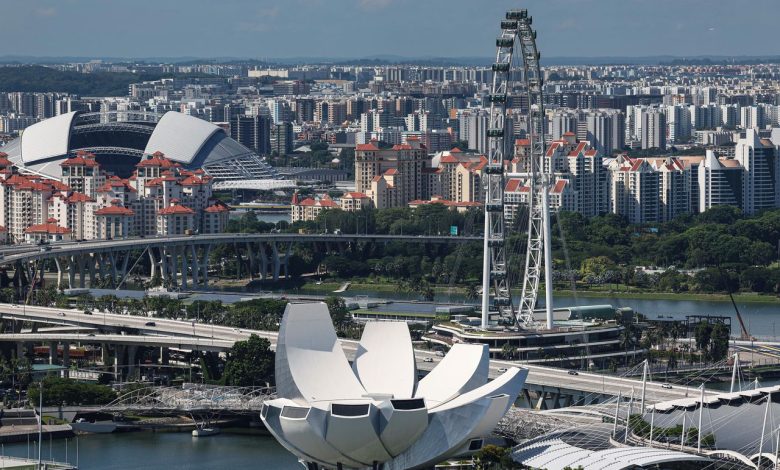Singapore rises to 4th place in Global Innovation Index, its best rank in more than a decade

SINGAPORE has risen to fourth place globally in this year’s Global Innovation Index (GII), retaining its top spot in the regional South-east Asia, East Asia and Oceania (SEAO) category from last year.
This was the country’s best performance in more than a decade, since it ranked third globally in the 2012 edition of the GII.
Switzerland kept its crown for the 14th year in a row in this 17th edition of the index; Sweden and the US were second and third, respectively.
Intellectual Property Office of Singapore chief executive Rena Lee said: “We are encouraged by the steady progress in Singapore’s journey as a global innovation hub, which is the result of joint efforts over the years across government, research and business sectors to support innovation growth.”
Published annually by the World Intellectual Property Organisation, the GII is a global ranking of the world’s most innovative economies. This year, the index tracked innovation trends across 133 economies using 78 indicators, among which Singapore emerged top in 14.
This was an improvement from its 2023 performance, in which it led in 11 of 80 indicators. With pole position in 14 indicators this year, Singapore was the leading country in terms of having been ranked first the most; US and China followed, with lead positions in nine and eight indicators, respectively.
BT in your inbox

Start and end each day with the latest news stories and analyses delivered straight to your inbox.
The indicators Singapore ranked first in included government effectiveness, information and communications technology access, unicorn valuations and venture capital (VC).
The GII rankings are based broadly on two components – innovation inputs and innovation outputs. Inputs comprise factors that enable innovative activity, and outputs refer to the actual results of such innovative activity.
While Singapore retained its top rank in innovation inputs, surpassing Switzerland, Sweden and the US in this component, it lagged behind the top three countries in innovation outputs, and in particular, creative outputs, the report accompanying the rankings said.
It also noted that seven SEAO economies led in key innovation indicators: Singapore, South Korea, China, Japan, Hong Kong, Australia and New Zealand. For instance, South Korea ranked first in patents, and China led in high-tech exports.
Global research and development for 2023 was expected to slow to under 3 per cent based on estimates; if this comes to pass, it would make 2023 the year with the lowest growth rates since 2010.
The VC landscape also faced challenges in 2023, as tighter monetary conditions and sharp reductions in fund inflows depressed the number of VC deals by around 10 per cent, and the total amount of money invested in VC, by around 40 per cent.
Technological progress was mostly positive, with rapid improvements in computing power and a swift increase in the availability of drugs, indicating significant progress in health.
Despite this, progress in green technologies and the environment was subpar – specifically in the areas of improving the energy-efficiency of supercomputers and the affordability of renewable energy.

